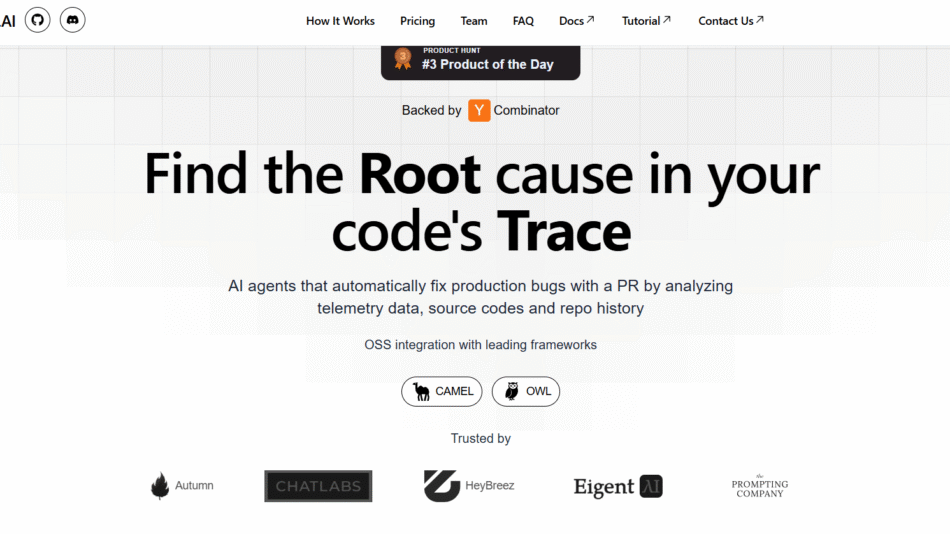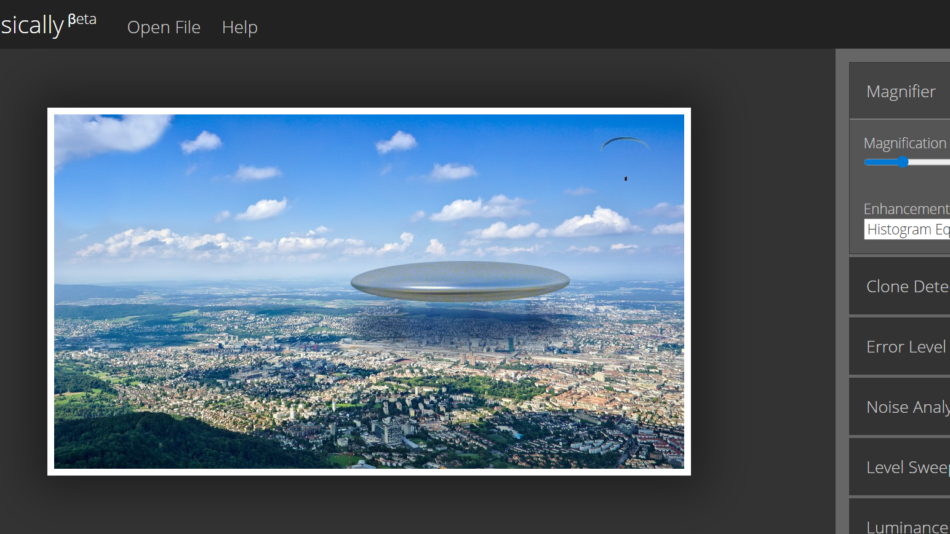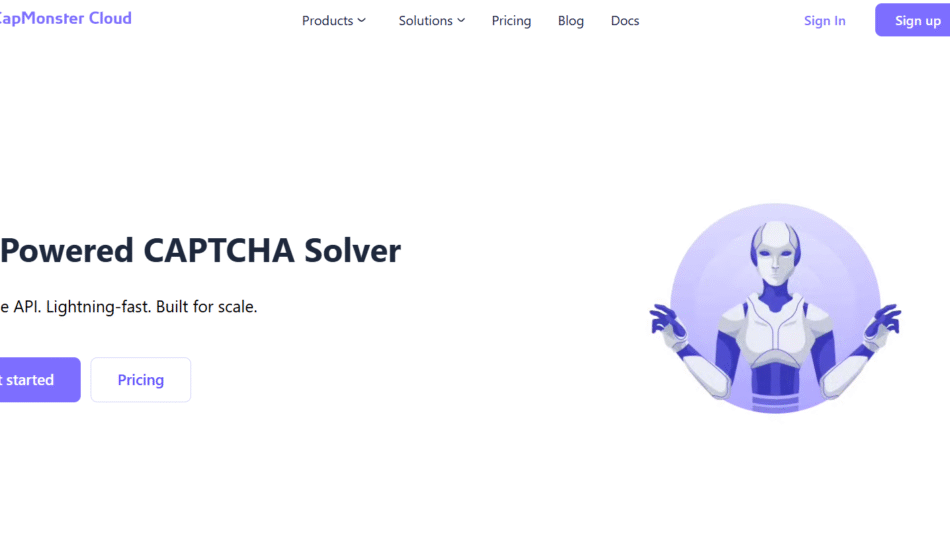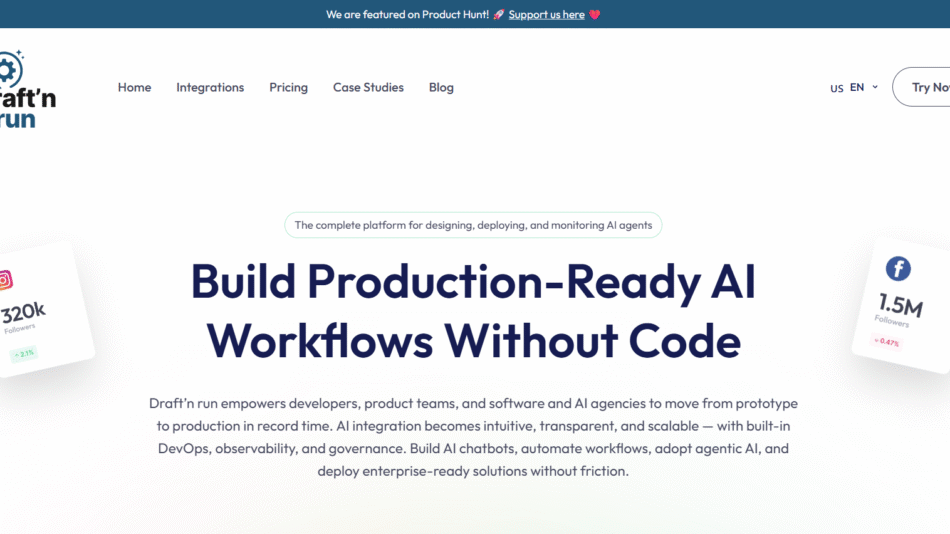Devika is an innovative, open-source AI software engineer that helps developers build applications using natural language instructions. Inspired by tools like Auto-GPT and Devin, Devika combines autonomous agent planning, code generation, and multi-tool orchestration to act as a collaborative developer that understands your goals and builds accordingly.
Unlike traditional coding assistants, Devika is goal-oriented and autonomous, meaning it can plan steps, write code, execute shell commands, debug, and update codebases—all with minimal human intervention. It is positioned as a powerful tool for developers, startups, and researchers who want to automate repetitive dev tasks, prototype ideas, or build full-stack apps via conversational prompts.
Features
Natural Language to Code: Convert human-readable goals into working code with contextual understanding.
Autonomous Agent Framework: Devika plans tasks, breaks them into subtasks, executes them, and validates output.
Multi-Tool Integration: Connects with GitHub, shell, web browsers, documentation APIs, and code interpreters.
Real-Time Execution: Executes shell commands, runs Python scripts, and navigates the web autonomously.
Documentation Lookup: Searches MDN and GitHub documentation to inform development decisions.
Self-Debugging: Identifies errors in output and loops through fixes without manual correction.
Project-Aware Development: Understands the full project structure, not just a single file or snippet.
Extensible Architecture: Built on modular Python components, allowing for custom tool additions and plugins.
How It Works
Clone the Devika Repo: Get started by cloning Devika’s GitHub repo.
Set Up Your Environment: Follow the instructions to install Python dependencies and set up OpenAI or Ollama API keys.
Run the Devika Agent: Launch the Devika web interface or CLI from your local machine.
Input Your Goal: Provide a prompt like “Build a blog with user authentication and a comment system.”
Watch the Workflow: Devika creates a task list, writes the necessary files, and executes code where needed.
Inspect & Iterate: You can review, modify, or let Devika continue debugging or expanding features.
Devika works as a local-first agent, ensuring code remains on your machine during development.
Use Cases
Rapid Prototyping: Build MVPs or side projects in hours instead of days.
Solo Developers: Get support on building features, fixing bugs, or writing boilerplate.
Teaching and Learning: Learn how AI reasons about architecture, syntax, and logic.
Startup Builders: Validate app ideas faster by delegating setup and logic to Devika.
Research Projects: Experiment with autonomous AI capabilities in software engineering.
Pricing
Devika is 100% free and open-source, licensed under AGPL-3.0. Users can:
Clone and run the tool locally
Contribute to the project via GitHub
Use it without any subscription, license fee, or commercial lock-in
However, Devika does require API access to third-party services like:
OpenAI (for GPT-4 or GPT-3.5) – API usage fees apply
Ollama – For local model usage
GitHub API – For code search
Browser & Shell tools – Executed locally, no charges involved
Strengths
Fully open-source and free to use
Supports local or API-based LLMs
Goal-oriented development flow (not just autocomplete)
Strong multi-agent planning capabilities
Developer-friendly and privacy-focused (local-first)
Rapidly evolving community on GitHub
Drawbacks
Still under active development; not fully stable
Requires setup and technical familiarity (not plug-and-play)
Limited UI polish compared to proprietary tools like Devin or Cursor
Works best with strong compute or API access to advanced LLMs
May need manual intervention on complex projects
Comparison with Other Tools
Devika vs. Devin (Cognition Labs)
Devin is a closed-source, commercial AI software engineer with a polished interface. Devika is open-source and developer-run, offering transparency and extensibility at the cost of polish.
Devika vs. Auto-GPT
Auto-GPT is goal-driven but less code-specific. Devika is focused on building software, with tools and workflows specifically for development.
Devika vs. GitHub Copilot
Copilot assists with code suggestions. Devika goes further—planning, coding, executing, and debugging entire projects from a goal description.
Devika vs. Code Interpreter or ChatGPT
While ChatGPT can help generate snippets, Devika acts as a self-directed agent, working within a real file system, editing files, and executing commands.
Customer Reviews and Community Feedback
Since launch, Devika has gained traction on GitHub and Twitter/X for its bold open-source mission:
“Finally, an open-source alternative to Devin that actually works with my stack.”
“Devika built a basic CRUD app with authentication in 15 minutes. Incredible.”
“Love that it runs locally and doesn’t send my code to a cloud backend.”
The project is highly active on GitHub with hundreds of contributors and growing stars.
Conclusion
Devika is one of the most promising open-source AI software engineers available today. It empowers developers to turn natural language prompts into working applications through a multi-agent, goal-driven architecture. Whether you’re prototyping an idea, learning to code, or exploring autonomous development, Devika offers a transparent and developer-friendly alternative to commercial AI agents.
If you’re looking to experiment with autonomous coding tools—or want to build real projects with the help of AI—Devika is a powerful, open, and evolving platform worth trying.















